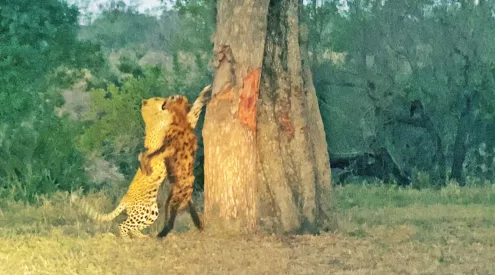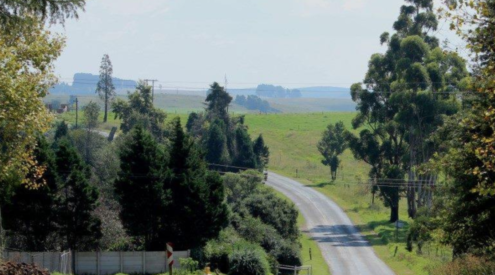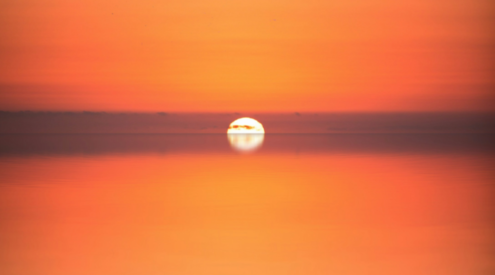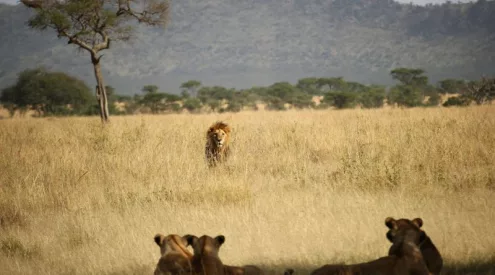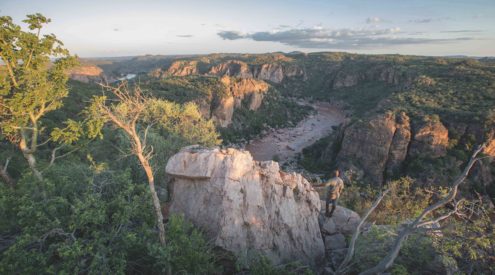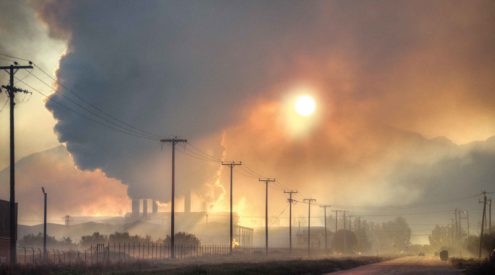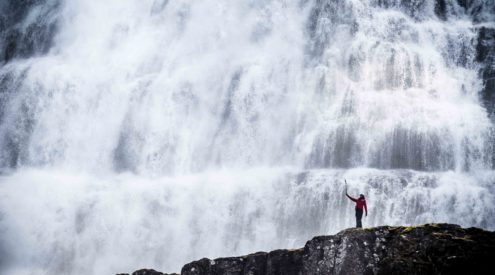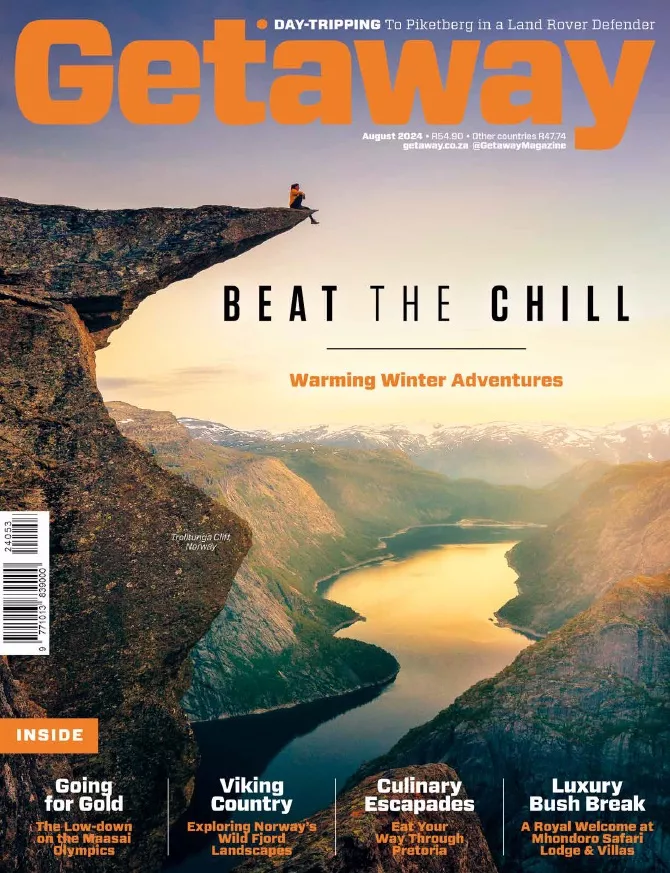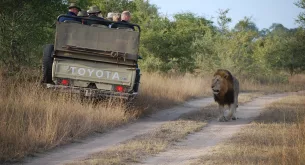
Image: Getty Images
We set sail from Cape Town, bound for the island of St Helena. It was sunset and Table Mountain was disappearing over the horizon. I stood on the aft deck of RMS St Helena, witnessing the most curious of modern phenomena. Passengers lined the guardrail, holding their phones aloft, desperately eking the last reception from the Mother City. The terror of the coming days at sea with no connectivity had gripped them.
I returned to my cabin and laid out my own devices on the bunk. I was shocked at the number of screens, batteries and chords. I tallied how many ‘portals’ of connectivity I engaged with on a daily basis, from Facebook and Twitter to LinkedIn and WhatsApp. The number was 17. Bloody madness, I thought.
Modern life is full of screens. We wake up to them, go to bed with them, carry them around in our pockets all day. Many people have reached the point where they struggle to live in the moment because there’s always something that needs to be seen on email or social media. Without connectivity, many feel lost.
But how damaging is this constant exposure? Results from recent studies are worrying. Social media appears to promote narcissism, and screens seem to be making our children less empathetic. Technology overload contributes to high stress levels, puts strain on relationships and creates health problems.
Part of the problem (and hence the solution) is our disconnection from nature. This particular malaise did not have a name until Australian sustainability professor Glenn Albrecht coined the term ‘psychoterratic’, initiating a vocabulary to discuss the relationship between mental health and the environment. Since then, he’s thought up a whole lexicon: words like ‘ecoagnosy’ (ignorance of ecology) and solastalgia (the psychic pain of climate change).
I think I understand psychoterratic ache and experience it from time to time. When spending too long in the city, hemmed in by concrete and steel, I get edgy. We all need ‘rewilding’ – time in the great outdoors to recharge our batteries. Immersion in nature should always be combined with a digital detox.
Kovert Designs, which makes ‘connected jewellery’ meant to decrease dependence on smartphones, invited a group of 35 CEOs and entrepreneurs on a trip to the Moroccan desert to study their behaviour with and without technology. Guests had to surrender all their devices and neuroscientists observed their behaviour.
After a few days, people’s postures changed. They looked into each others’ eyes rather than down at their screens. Better eye contact appeared to encourage them to connect more deeply. They were able to relax into conversations, their energy opened up and they seemed more empathetic towards each other.
On a recent journey to the Kalahari (page 54), I made a conscious effort to disconnect from my smartphone, iPad, iPod and laptop (in many places there was thankfully no connectivity). Matthew Sterne did the same on his Rim of Africa hike (page 78). It was a chance to talk long into the night around a campfire, stare at the stars, sit on a stoep and watch the sunrise, wait for hours at a waterhole listening to the soporific trilling of doves. It was an opportunity to immerse myself in nature and its rhythms.
Our yearning for wilderness is a hankering after the place we have come from, and from which we have become alienated in the headlong march of so-called progress. Poet-ecologist Ian McCallum writes that the cure for this homesickness is ‘to remember that the wild areas of the world are the landscapes of the soul and that the creatures who belong there are soul-makers’. Just as the ancient Celts needed their sacred groves, we need the wilderness ‘for that compulsive union of fact and feeling that we experience when we go there’. Our very identity is tied to such places and their creatures, and we are dependent on them for our psychological health.
May you all have the chance to get into the wild this winter, without your smartphone.
Justin


